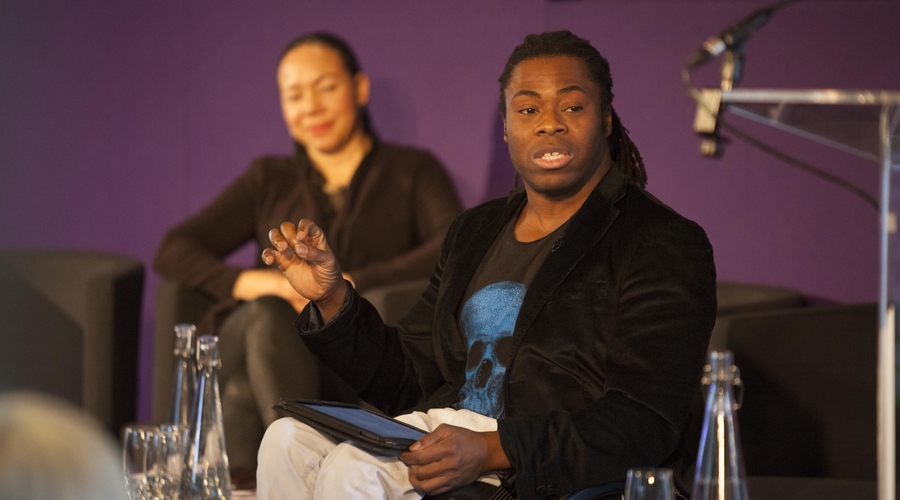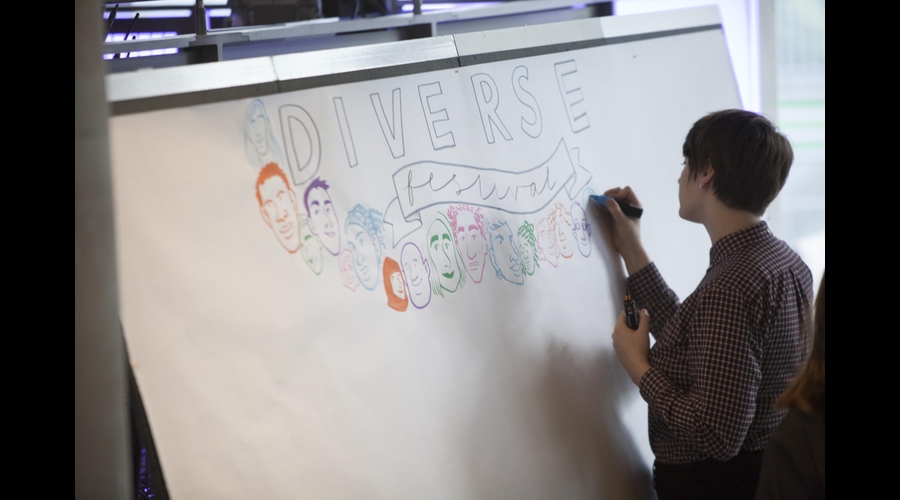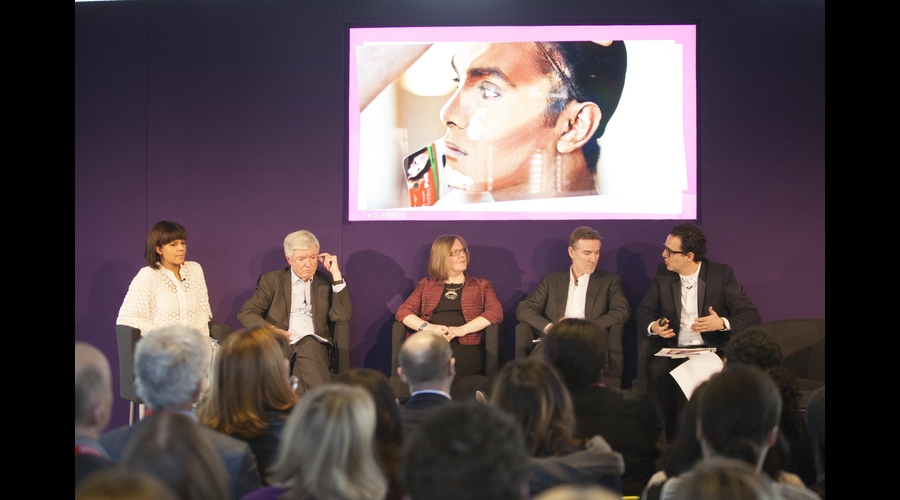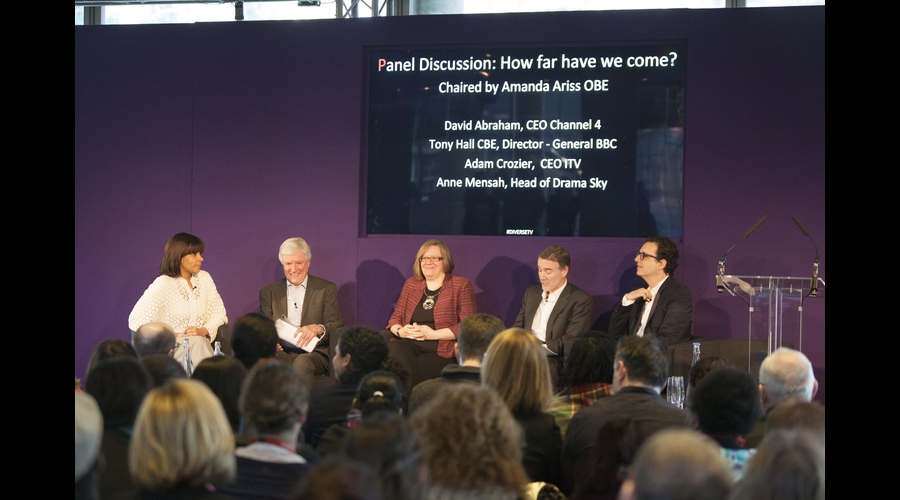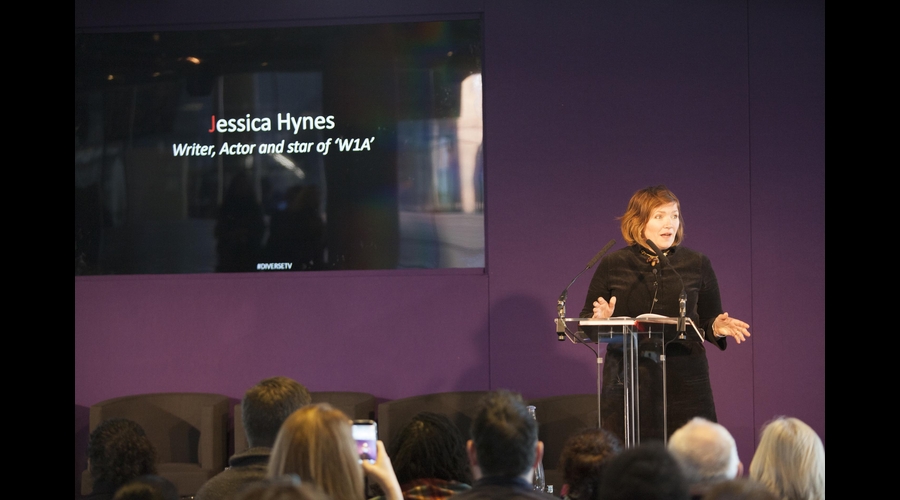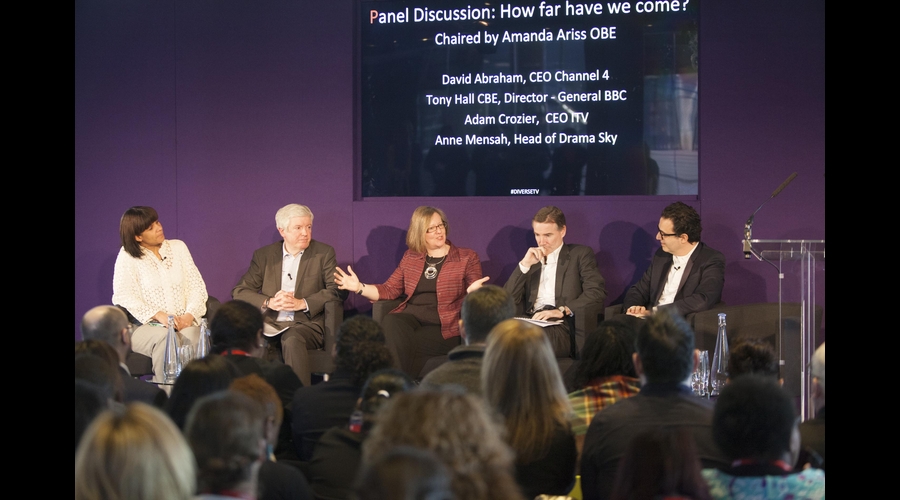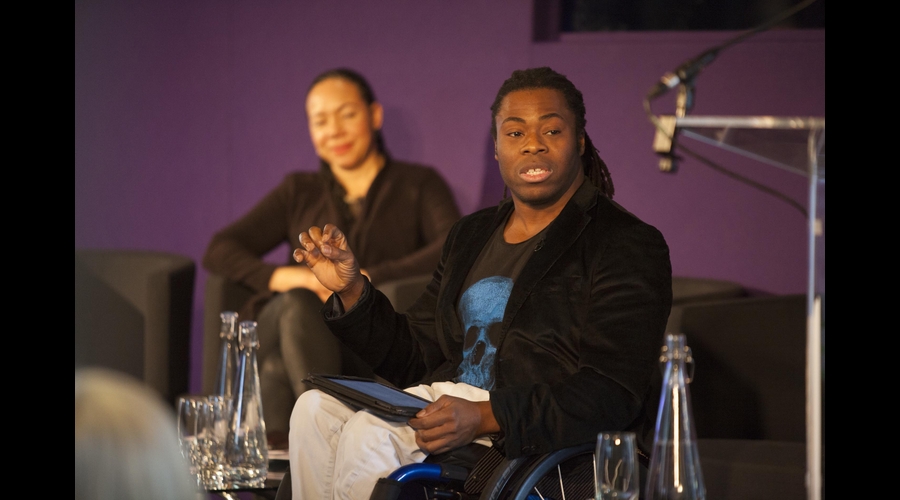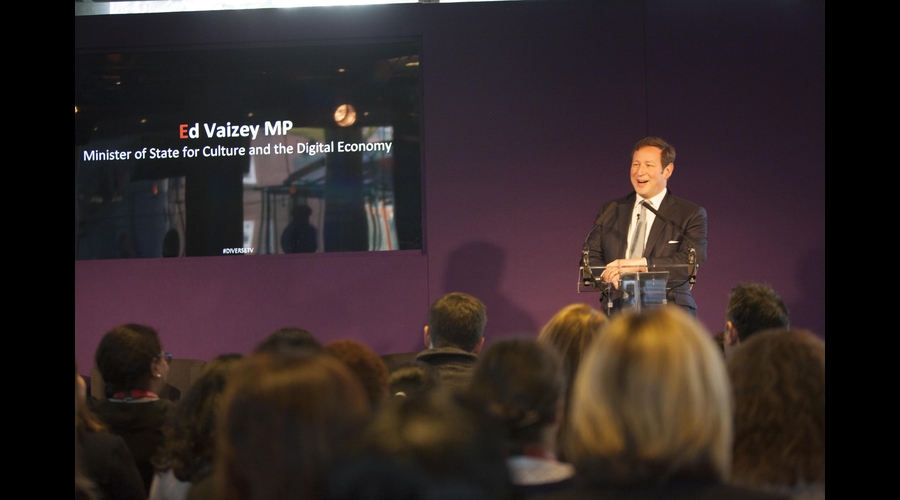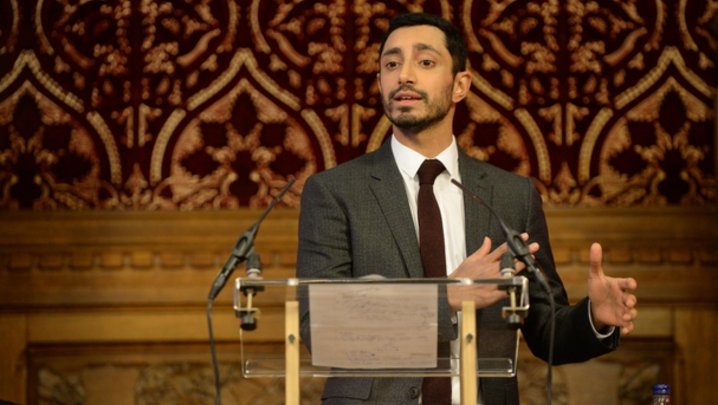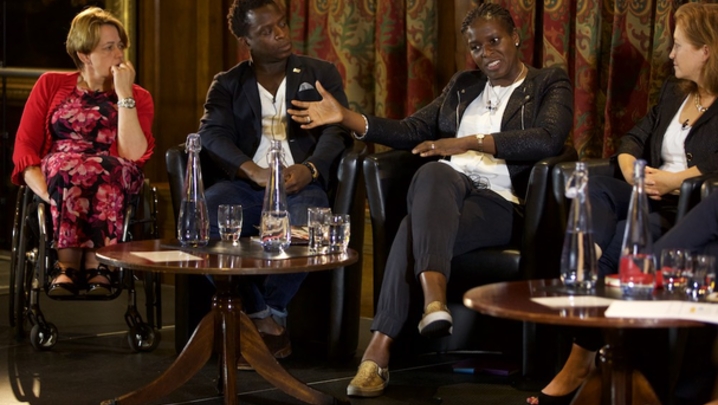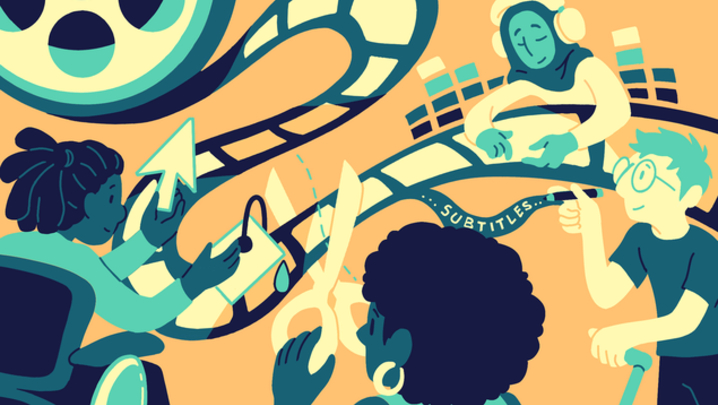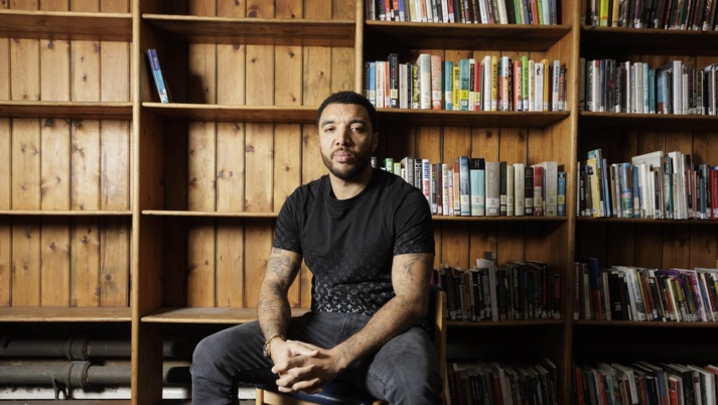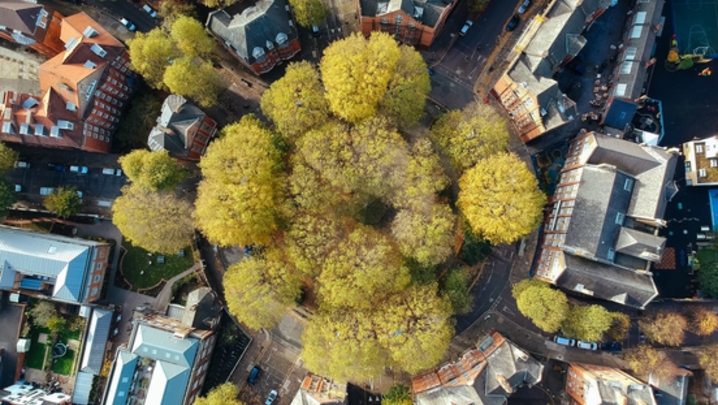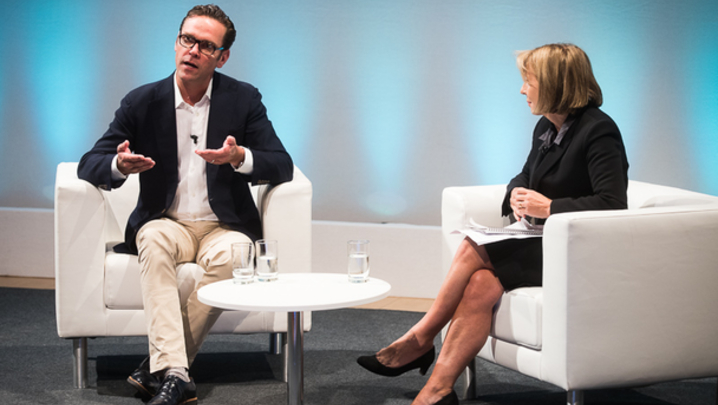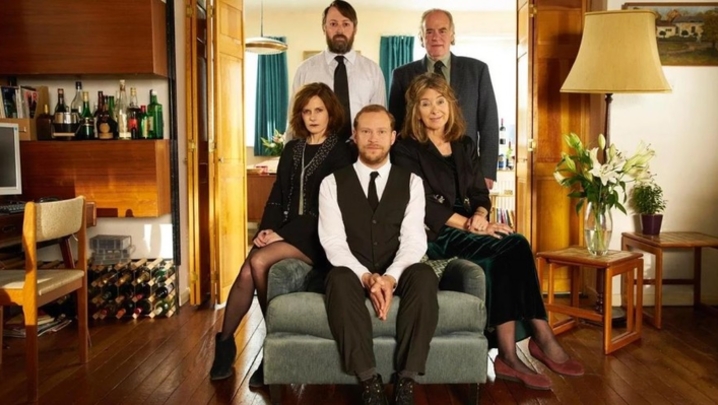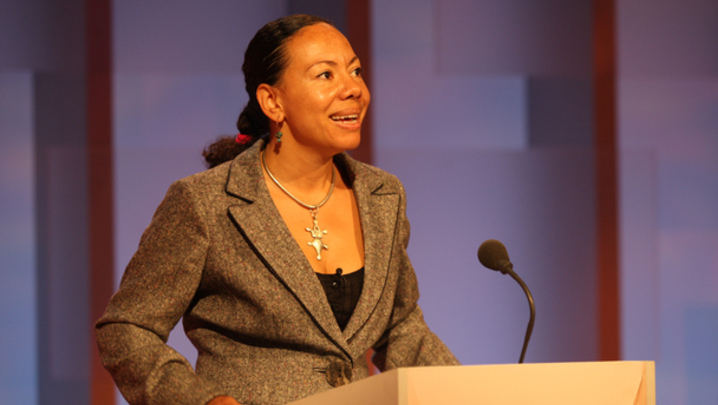Audiences will turn off terrestrial television if it fails to become more diverse, warned broadcaster and paralympian Ade Adepitan
Speaking at Channel 4’s Diverse Festival, Adepitan claimed that a failure to provide audiences with diverse television talent would be a hindrance to the industry.
“My friends and I are watching less and less terrestrial TV because there are other places that are more representative,” added Adepitan, who said digital brands SBTV and Vice were doing a better job.
Channel 4 commissioning editor Isaac Densu agreed that digital offered good opportunities for talent to get their foot in the door. However he said it was important for commissioners to ensure talented individuals were also given opportunities to create programmes for mainstream television.
Figures from across the television industry gathered to look at UK progress towards a “more diverse, super-creative and world-leading TV industry.”
The event came the day after actor Idris Elba told MPs that television must reflect Britain’s multicultural society.
Elba’s thoughts were echoed by Asifa Lahore, presenter of documentary Muslim Drag Queens. She said that her film had given a voice to an under-represented and misunderstood community, adding that her media work had helped her own family understand her lifestyle.
The event was also used to present the results of research into gender equality by Channel 4 senior research managers Jo Jones and Pascale Waltho. By analysing peak time content on the six main channels, Jones and Waltho found that, although overt sexism on television had dramatically reduced, low-level sexism is “thriving”.
The research showed that men were twice as like as women to appear on television, a figure that was “fairly consistent” across the main linear channels.
Channel 4’s report also found that, despite women over the age of 50 making up 36% of the UK female population, just 23% of women on television were of this age group. In contrast, 32% of men on television are over 50, reflecting 33% of the UK male population.
Perhaps most shockingly, the statistics recorded five sexist incidents per hour in prime time on each of the main channels, making 30 incidents of sexism per hour in total.
In her concluding remarks, event host and Channel 4 Diversity Executive Oona King said the challenge now was to be more creative about how the television industry approaches diversity. With few diverse voices at the top of the industry, she said there would be fewer instances of the ‘they remind me of you’ type of personal recommendation, and that the industry should adapt accordingly.
Photos by Stuart Hendry / Channel 4

